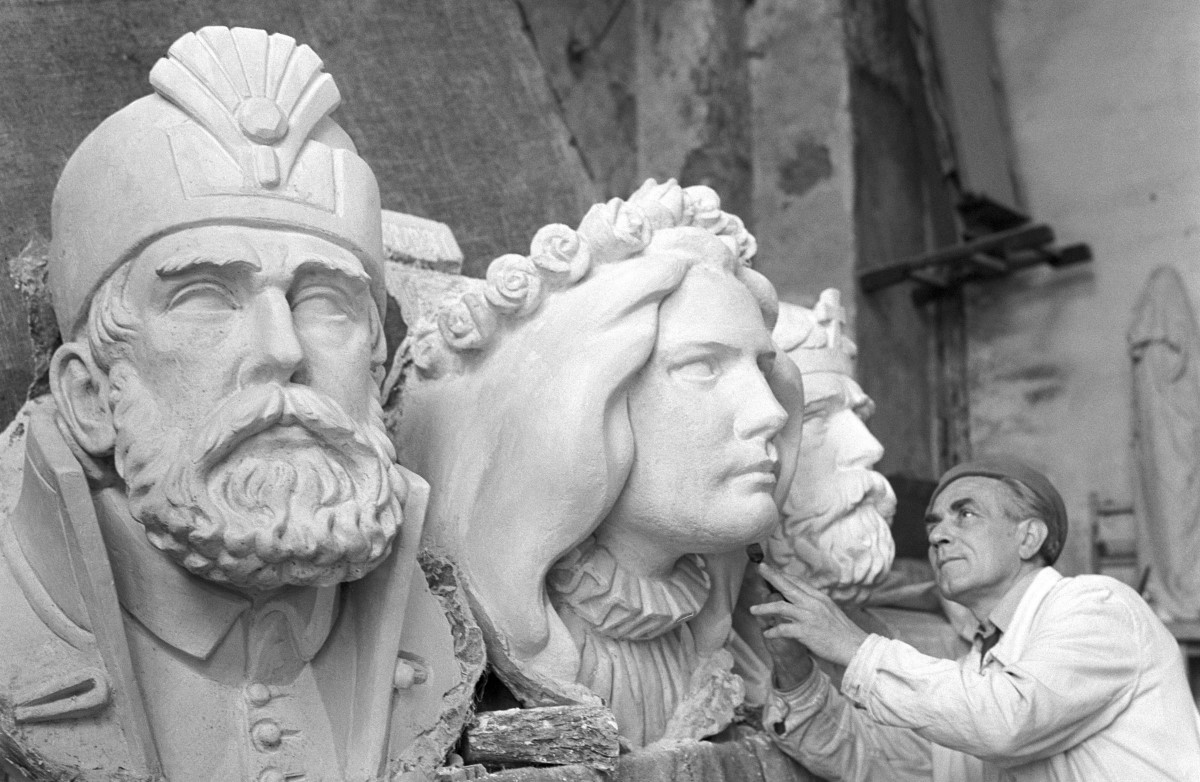
“I Too Had a Life on Stage” – The Theatrical World of Mór Jókai
In the 1850s, as a theatre critic, he attempted to capture the ephemeral nature of acting. Under the pseudonym Kakas Márton, his ironic articles served to educate audiences.
He married actresses on both occasions: in 1848, he wed Róza Laborfalvi, a celebrated star of the time; in 1899, he married the young, aspiring actress Bella Nagy. These women not only played lead roles in his dramas but also inspired several of the female characters in his novels.
Jókai lived almost his entire life “on stage,” in the public eye. As a revolutionary, he gave a speech at the National Theatre on March 15, 1848. Later, as the “prince of writers,” he toured the country to meet his readers. In 1894, his 50th career anniversary was celebrated by the entire nation. At the gala held in the Vigadó, numerous distinguished guests and dignitaries expressed their admiration.
His biographer, Kálmán Mikszáth, also reflected on whether theatricality—the ability to perform roles—had become an inherent part of Jókai’s nature. He wrote the following about Jókai’s enigmatic personality:
“It was almost miraculous how he seemed not to notice his own glory. Many thought this was an act, that he was hiding his true self behind a theatrical manner. It seemed likely, too—but if he was acting, he did it so well that it must be taken as genuine. For if the nail never sticks out of the sack as long as the sack holds, then it must be assumed there was never a nail in it at all.”
Curators: Beáta Huber, Erika Zsuzsanna Kiss, Dr. Géza Bodolay
Scenography: Andrea Fecsó
Contributing Institutions: MNMKK – Petőfi Literary Museum; MNMKK – National Széchényi Library, Theatre History Collection; Herman Ottó Museum, Actor’s Museum (Miskolc)
Contributors to the exhibition: Mária Ady, Valéria Csekő, Judit Diósi, Tamás Gajdó, Barbara Hadi, Lilla Lovas, Judit Vanda Tóth, László Pálfi, Jenő Papp, Gábor Pataki, Attila Szabó
Execution: Plot Graphic Laboratory Ltd.
Organizers: National Theatre History Museum and Institute, Pesti Vigadó Nonprofit Ltd.
Exhibition Venue: Pesti Vigadó – Ground Floor Foyer
Ticket Price: The exhibition can be visited with an Entrance Ticket (3,000 HUF) or a Vigadó Gallery Ticket (2,500 HUF), both available at the box office.
Supported by: Hungarian Academy of Arts
| 2025.05.14. | - | 2025.06.30. |


